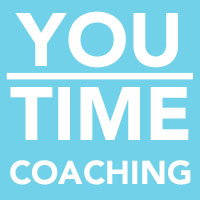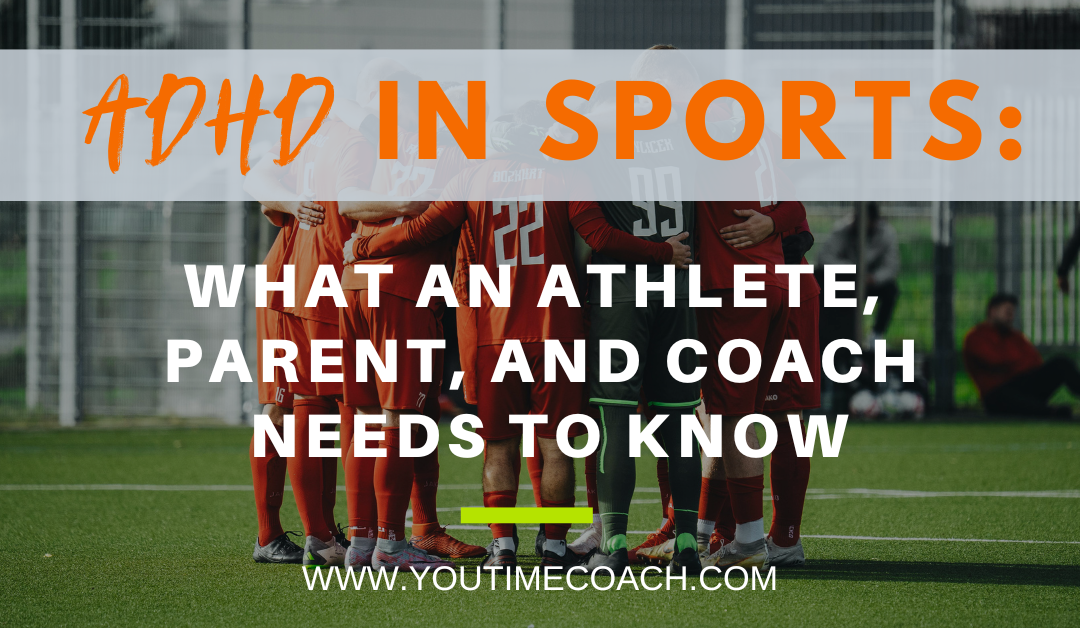ADHD and Why It Matters in Sports
ADHD (Attention Deficit Hyperactivity Disorder) affects millions of students — and a growing number of high school and college athletes. We can get one thing straight: ADHD isn’t just about forgetting homework or bouncing off walls — it also shows up on the field, court, track, or wherever your kid is trying to shine in sports.
While ADHD is often discussed in academic settings, it plays a big role in how athletes focus, train, compete, and recover. If your high school or college athlete has ADHD, you’ve probably seen it already. One second, they’re crushing it; the next, they’re staring into space while their coach explains a drill for the third time.
If you’re a parent of a student-athlete with ADHD, a high school or college athlete managing symptoms, or a coach working with neurodiverse players, understanding how ADHD impacts sports is crucial. Let’s talk about how ADHD messes with (and sometimes boosts) sports performance — and what to do about it.
Whether the young person is in middle-school, high-school or college it can sometimes be quite challenging to distinguish between “normal” and “could use some help” (especially these days). So let’s clear a couple things up first regarding “help”.
How ADHD Affects Athletic Performance
Athletes with ADHD may bring a ton of passion and energy to the field — but they also face unique challenges. Here’s how ADHD can influence sports:
INCONSISTENT FOCUS
- Trouble following multi-step instructions
- Drifting attention during plays, drills, or team meetings
- Zoning out at key moments
IMPULSIVE BEHAVIOR
- Jumping the gun on plays
- Taking risks without thinking them through
- Higher rates of fouls or penalties
EMOTIONAL REACTIVITY
- Frustration can spiral quickly after mistakes
- Trouble bouncing back from criticism or losses
- Difficulty regulating emotions under stress
SLEEP AND RECOVERY STRUGGLES
- Many athletes with ADHD have disrupted sleep cycles
- Poor sleep = slower reaction times, lower energy, and higher injury risk
INCREASED INJURY RISK
A study in Sports Health found that college athletes with ADHD are more likely to get injured — likely due to impulsivity or distraction during play.
ADHD Strengths in Sports
It’s not all challenges. In fact, ADHD can be a superpower in the right athletic environment.
- High energy: Ideal for high-intensity or endurance sports
- Hyper-focus: Being locked in and maintaining a deep concentration during games
- Creativity: Thinking outside the box can lead to smart and unexpected plays
Practical Strategies for Success
FOR STUDENT-ATHLETES WITH ADHD:
Use short-term goals:
Break practice into 10-15 minute mental time blocks with “missions” for each block.
Create a pre-game routine:
Use the same warm-up (include mental rehearsal, paced breathing, progressive muscle relaxation, and an inner-dialogue script to help cue/prime), create a “hype” and “chill” playlist, and be consistent because consistency = less chaos
Ask questions to get clarity:
Don’t pretend to understand a play — clarify it with one of the coaches or another player. Ask for DIRECTIONS or a different way of explaining something if you need it.
Move during downtime:
Stretch, pace, or shake out between drills
Cool down mentally:
Journal, breathe or debrief after games or practices
Prioritize sleep:
No screens in bed, and try to keep
consistent sleep/wake times
Work with your doctor on meds:
Timing matters for performance (with both stimulant and non-stimulant medications)
FOR coaches working WITH athletes who have ADHD:
keep instruction clear and short.
Adhd impacts working memory and sustained attention. Communicating in this way will help reduce some of those added challenges.
repeat key information or provide an ADDITIONAL visual or kinesthetic example
most people learn through a combination of teaching styles. some players may need you or a teammate to physically demonstrate, write directions down, or HAVE a visual cue, and others may need directions repeated.
allow movement between drills
Movement can help with focus. Come up with a couple of exercises and movements that are appropriate for the environment. the goal is to provide structure and support that will allow for self-regulation while minimizing distractions for others.
Don’t over-personalize the behaviors:
frequently, fidgeting AND quick/intense EMOTIONS can be perceived as disrespect. with someone who has adhd, it is typically far from the truth.
help build emotional resilience after setbacks:
Journal, breathe, or debrief after games and practices.
connection over consequence:
ask how you can support them, not just discipline them.
FOR parents of athletes with ADHD:
Build routines at home:
Focus on establishing routines around getting your gear together, meals and snacks, and bedtime
Talk to your kid(s) about how adhd can show up in sports:
Use this article or the resources at the end to guide your conversation.
normalize needing extra support
adhd is a NEURODEVELOPMENTAL disorder, not a character flaw. there are plenty of professional athletes facing the same struggle and need extra support.
advocate with coaches and school staff:
adhd support doesn’t stop in the classroom. plus, someone with adhd needs to have that advocacy muscle to flex. leading by example provides positive modeling for the young person.
focus on progress, not perfection:
Your kid’s inner critic is likely already too harsh, so focus on progress and the process VS. outcomes and perfection. adhd minds frequently have issues with “all or nothing thinking, “ so teach them to live in the gray sometimes.
Helpful ADHD Resources for Student-Athletes and Families
Helpful ADHD Resources for Student-Athletes and Families
- CHADD – Education, support, and advocacy for ADHD
- ADDitude Magazine – ADHD resources, including sports-specific tips
- The Hidden Opponent – Mental health advocacy for student-athletes
- Book: Driven to Distraction by Edward Hallowell & John Ratey
Final Takeaway: ADHD Isn’t a Limitation — It’s a Playbook You Need to Learn
Whether you’re a parent, a coach, or an athlete on the field, understanding ADHD is the key to unlocking performance, potential, and peace of mind.
ADHD athletes are not broken—they’re just built differently. They can reach their optimal performance with the right structure, support, and mindset.
If you would like to find out more about our coaching, visit the ‘GET HELP NOW‘ page by clicking above or sending us a message below. You can also reach out to YouTime Coaching at [email protected].

